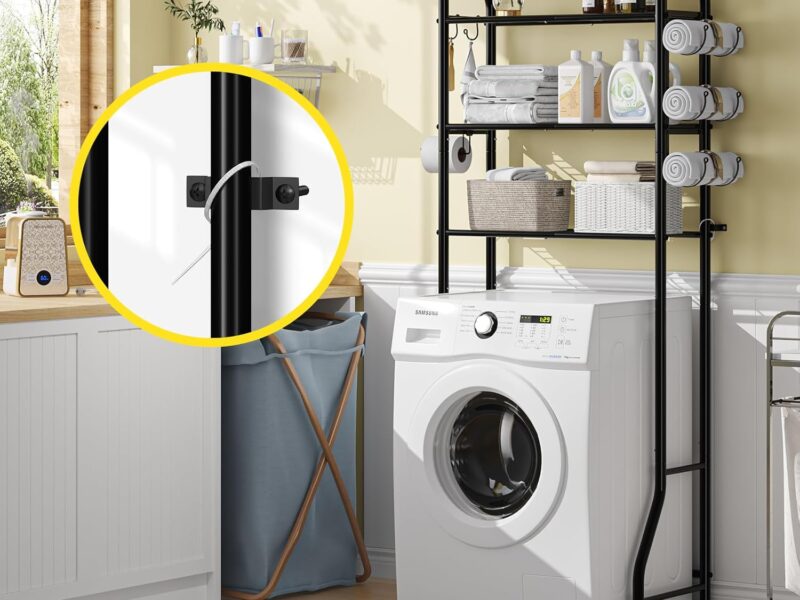When it comes to heating water in your home, you have two main choices: tankless and traditional water heaters. Each type has its own advantages and drawbacks, but one of the most crucial factors homeowners consider is cost-effectiveness. In this article, we’ll compare the costs associated with both types, including installation, energy efficiency, maintenance, and lifespan, to determine which option can save you more money in the long run.
Upfront Costs and Installation Tankless vs. Traditional
Traditional Water Heaters
Traditional water heaters, also known as storage water heaters, come with a lower initial price tag. The average cost for a standard 40- to 50-gallon unit ranges from $500 to $1,500, depending on the brand and efficiency rating. Installation costs typically add another $500 to $1,000, bringing the total initial investment to around $1,000 to $2,500.
Tankless Water Heaters
Tankless water heaters, also known as on-demand water heaters, tend to have a higher upfront cost. The unit itself can range from $1,000 to $3,000, and installation can add another $1,000 to $3,000, depending on the complexity of the setup and whether gas or electric upgrades are needed. This brings the total cost to about $2,000 to $6,000.
While traditional heaters have a lower upfront cost, the long-term savings may make tankless heaters more appealing.

Energy Efficiency and Operating Costs Tankless vs. Traditional
Traditional Water Heaters
Traditional models continuously heat water in a storage tank, meaning they consume energy even when hot water isn’t being used. This results in standby heat loss, which can increase energy bills. According to the U.S. Department of Energy, traditional water heaters have an efficiency rating of about 60-70%, costing an average household around $400 to $600 per year in energy expenses.
Tankless Water Heaters
Tankless water heaters only heat water when needed, eliminating standby heat loss. This efficiency gives them a rating of 80-98%, depending on the model. Households can save 24-34% more energy compared to traditional models. This equates to an estimated annual savings of $75 to $300 on energy bills, depending on water usage.
Maintenance and Repairs

Traditional Water Heaters
Traditional water heaters require regular maintenance, including flushing the tank to remove sediment buildup and checking the anode rod to prevent corrosion. Maintenance costs average $100 to $200 per year. Repairs, such as heating element replacements, can cost anywhere from $150 to $500.
Tankless Water Heaters
Tankless water heaters also require maintenance, primarily descaling to prevent mineral buildup, especially in areas with hard water. Annual maintenance costs can range from $100 to $250. However, tankless units have fewer components that wear out, resulting in potentially lower repair costs over time.

Lifespan and Replacement Costs
Traditional Water Heaters
A traditional water heater typically lasts 8 to 15 years before needing replacement. Given its lower upfront cost but shorter lifespan, homeowners may need to replace a traditional unit multiple times over the decades.
Tankless Water Heaters
Tankless water heaters have a significantly longer lifespan, often lasting 20 to 30 years. While the initial investment is higher, the long-term durability can lead to fewer replacements, making it a more cost-effective choice in the long run.
Which One Saves You More Money?
The answer depends on your priorities:
- If you are looking for the cheapest initial cost and don’t mind higher long-term energy expenses, a traditional water heater might be the better choice.
- If you want to maximize energy savings, reduce frequent replacements, and can afford the higher upfront investment, a tankless water heater will save you more money over time.
Final Verdict
While traditional water heaters are more affordable upfront, tankless water heaters offer greater energy efficiency and longevity, leading to substantial savings in the long term. If you plan to stay in your home for many years, investing in a tankless water heater could be the more financially savvy decision.



One thought on “Tankless vs. Traditional Water Heaters: Which One Saves You More Money?”